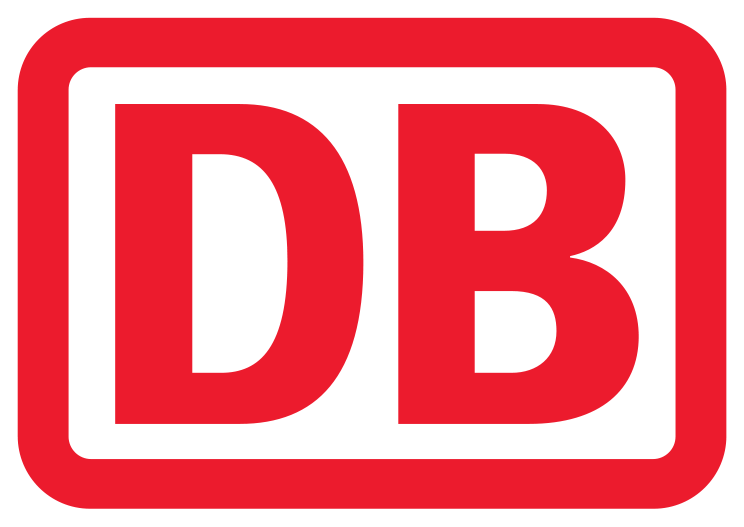Conflict management for the assistant
Resolving conflicts constructively and confidently

Contents
Basics of constructive conflict resolution
- The causes of conflicts and how they arise.
- Basic attitude to conflict: What type of conflict are you?
- Dealing with old beliefs and new behavioral possibilities.
- Clarify your own needs and values.
Self-assertion and understanding
- Change the perspective: Solutions instead of accusations and blame!
- Translate spontaneous judgments into understandable interests and needs.
- The 4 steps of constructive conflict management: observation, feeling, need, request.
Harnessing unpleasant feelings
- Strategies for dealing with personal attacks.
- Den:die contact can also be reached in cases of anger, rage, helplessness, fear, guilt or shame.
- Understand personal behavior (e.g. threat, justification, withdrawal).
- Develop alternative courses of action and new solution strategies.
Typical conflict situations in everyday office life
- Dealing with difficult, e.g. aggressive contacts.
- Saying "no" constructively without risking the relationship.
- Learning to deal with rejection. Don't give up on your own interests.
- Situation analysis and possible solutions, personal feedback.
Learning environment
In your online learning environment, you will find useful information, downloads and extra services for this training course once you have registered.
Your benefit
The focus of the training is on optimizing the ability to deal with conflicts confidently.
Specific learning objectives are:
- To be clear about what is wanted and, in the event of conflict, to express wishes and needs without attacking or criticizing the contact .
- Not to take accusations and criticism personally, but to recognize the unspoken feelings and needs behind these statements.
- Formulate requests and wishes clearly without manipulating or threatening.
- To support the other person empathetically and professionally without getting angry yourself.
- In the event of conflict, neither giving up on your own concerns nor risking the relationship.
Methods
As much theory as necessary, as much practice as possible: input, exercises and role plays, individual and small group work, work on specific cases from your own professional practice.
Recommended for
employees from the assistant, secretarial and administrative departments and anyone who wants to optimize their conflict behavior.
5397
33018
Start dates and details

Monday, 02.02.2026
09:00 am - 5:00 pm
Tuesday, 03.02.2026
09:00 am - 5:00 pm
Monday, 16.03.2026
09:00 am - 5:00 pm
Tuesday, 17.03.2026
09:00 am - 5:00 pm
- one joint lunch per full seminar day,
- Catering during breaks and
- extensive working documents.
Monday, 08.06.2026
09:00 am - 5:00 pm
Tuesday, 09.06.2026
09:00 am - 5:00 pm
- one joint lunch per full seminar day,
- Catering during breaks and
- extensive working documents.
Tuesday, 15.09.2026
09:00 am - 5:00 pm
Wednesday, 16.09.2026
09:00 am - 5:00 pm
- one joint lunch per full seminar day,
- Catering during breaks and
- extensive working documents.
- one joint lunch per full seminar day,
- Catering during breaks and
- extensive working documents.
 4.7
4.7









